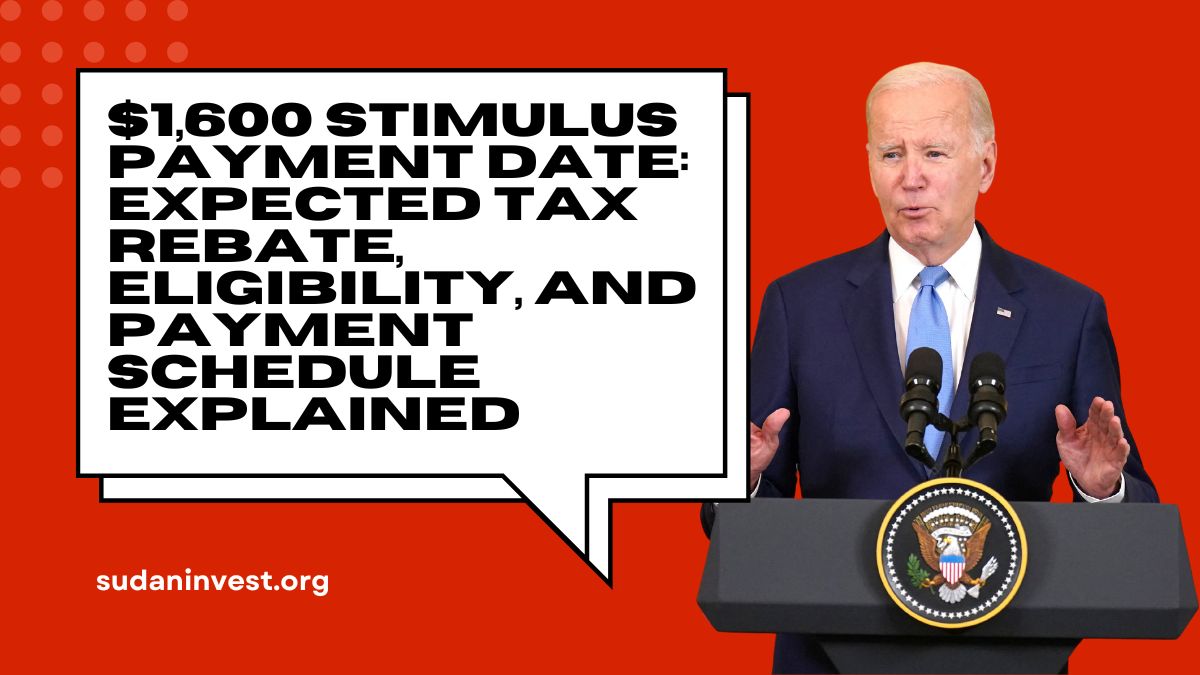Planning for retirement involves understanding how much you can expect to receive from Social Security benefits. If you earn $30,000 a year, your future Social Security benefits will depend on several factors, including your age at retirement, your work history, and how much you’ve paid into the system over your lifetime.
This comprehensive guide provides all the details you need to estimate your Social Security benefits, with facts, figures, and considerations specific to 2024.
Understanding Social Security Benefits
How Social Security Benefits Are Calculated

Social Security benefits are calculated based on your Average Indexed Monthly Earnings (AIME) over your 35 highest-earning years. The Social Security Administration (SSA) uses a formula to determine your Primary Insurance Amount (PIA), which is the monthly benefit you’ll receive at full retirement age.
Key Factors Influencing Your Benefit Amount
- Lifetime Earnings: Your benefits are based on your lifetime earnings, indexed to account for inflation.
- Age at Retirement: Claiming benefits before full retirement age results in a reduced monthly amount, while delaying retirement increases it.
- Work History: A minimum of 10 years of work (40 credits) is required to qualify for benefits.
Estimating Your Social Security Benefits for a $30,000 Income
The Formula
The PIA formula for 2024 is structured into three brackets:
- 90% of the first $1,115 of your AIME.
- 32% of your AIME over $1,115 and up to $6,721.
- 15% of your AIME above $6,721.
If you earn $30,000 annually, your estimated monthly benefit will be calculated based on these brackets.
Example Calculation
- Annual Income: $30,000.
- Monthly Average Income: $30,000 ÷ 12 = $2,500.
Using the formula:
- 90% of the first $1,115 = $1,003.50
- 32% of the next $1,385 ($2,500 – $1,115) = $443.20
- Total Monthly Benefit: $1,003.50 + $443.20 = $1,446.70 (before any adjustments for early or delayed retirement).
Adjustments Based on Retirement Age
- Early Retirement (age 62): Reduced by up to 30%.
- Full Retirement Age (FRA): No reduction. FRA is currently between 66 and 67, depending on your birth year.
- Delayed Retirement (up to age 70): Increased by 8% per year past FRA.
Table of Estimated Benefits
| Age at Retirement | Estimated Monthly Benefit (Earnings: $30,000/year) |
|---|---|
| 62 (early) | $1,012 (approx.) |
| 66-67 (FRA) | $1,446.70 |
| 70 (delayed) | $1,800 (approx.) |
Impact of Working While Receiving Benefits

If you choose to continue working while receiving Social Security benefits and you are under your FRA, your benefits may be reduced based on your earnings.
- 2024 Earnings Limit: $22,320.
- Reduction: $1 for every $2 earned over the limit.
Once you reach your FRA, there is no reduction regardless of your earnings.
Taxes on Social Security Benefits
Social Security benefits may be taxable depending on your overall income, including your salary, other retirement benefits, and investment income.
- Up to 50% of benefits may be taxable if your income is between $25,000 and $34,000 (single filers).
- Up to 85% of benefits may be taxable if your income exceeds $34,000 (single filers).
Applying for Social Security Benefits
Required Documents
- Birth Certificate
- Social Security Card
- Proof of U.S. Citizenship or Legal Residency
- W-2 Forms or Self-employment Tax Returns
How to Apply
- Online: Use the SSA’s online application.
- Phone: Call the SSA at 1-800-772-1213.
- In-Person: Visit your local Social Security office.
Conclusion
Understanding how much Social Security benefits you can receive based on your earnings is crucial for retirement planning.
Earning $30,000 annually may result in a benefit around $1,446.70 per month at full retirement age, but this can vary based on when you decide to start collecting benefits and other factors.
It’s important to consider your work history, age, and other sources of income when planning your Social Security strategy.
FAQs
1. Can I collect Social Security benefits while still working?
Yes, but if you’re below FRA, your benefits may be reduced based on your earnings. Once you reach FRA, there’s no reduction.
2. What happens if I delay my retirement benefits?
Delaying benefits past your FRA increases your monthly benefit by up to 8% per year until age 70.
3. Are Social Security benefits taxable?
Yes, up to 85% of your benefits may be taxable depending on your total income.
4. How do I know my full retirement age (FRA)?
FRA depends on your birth year, ranging from 66 to 67. Use the SSA’s Retirement Age Calculator for precise information.
5. Can I switch from my retirement benefit to my spouse’s benefit later?
Yes, if your spouse’s benefit is higher, you can switch to that once you qualify for it.












